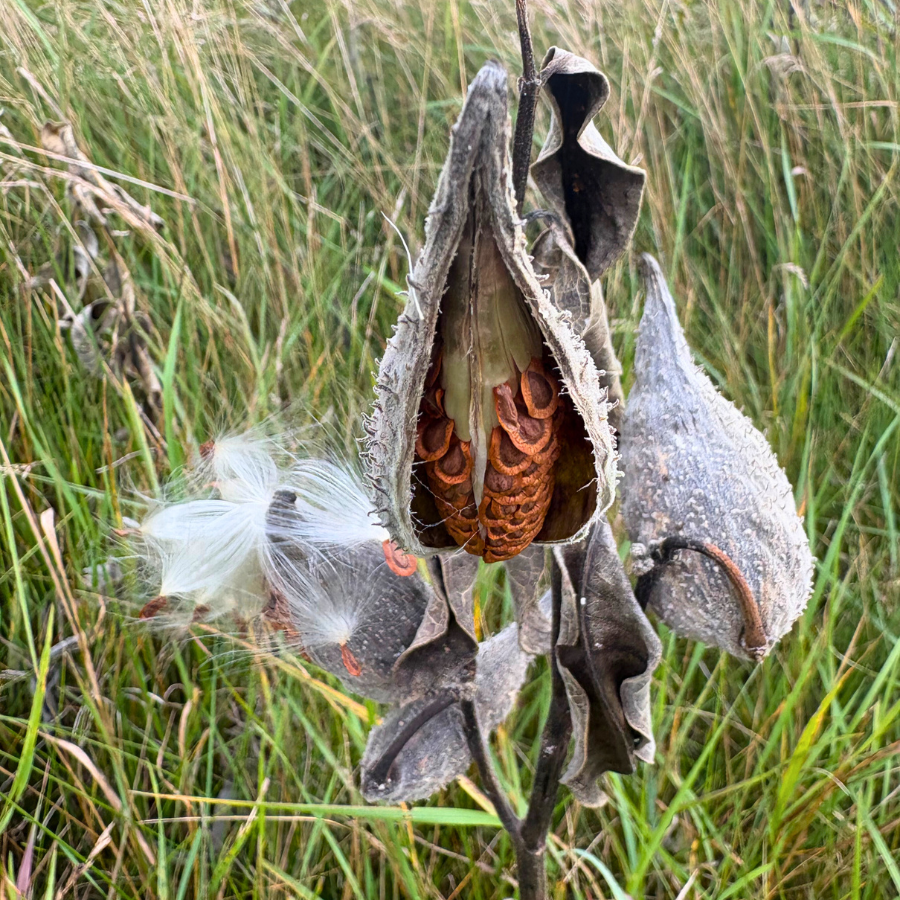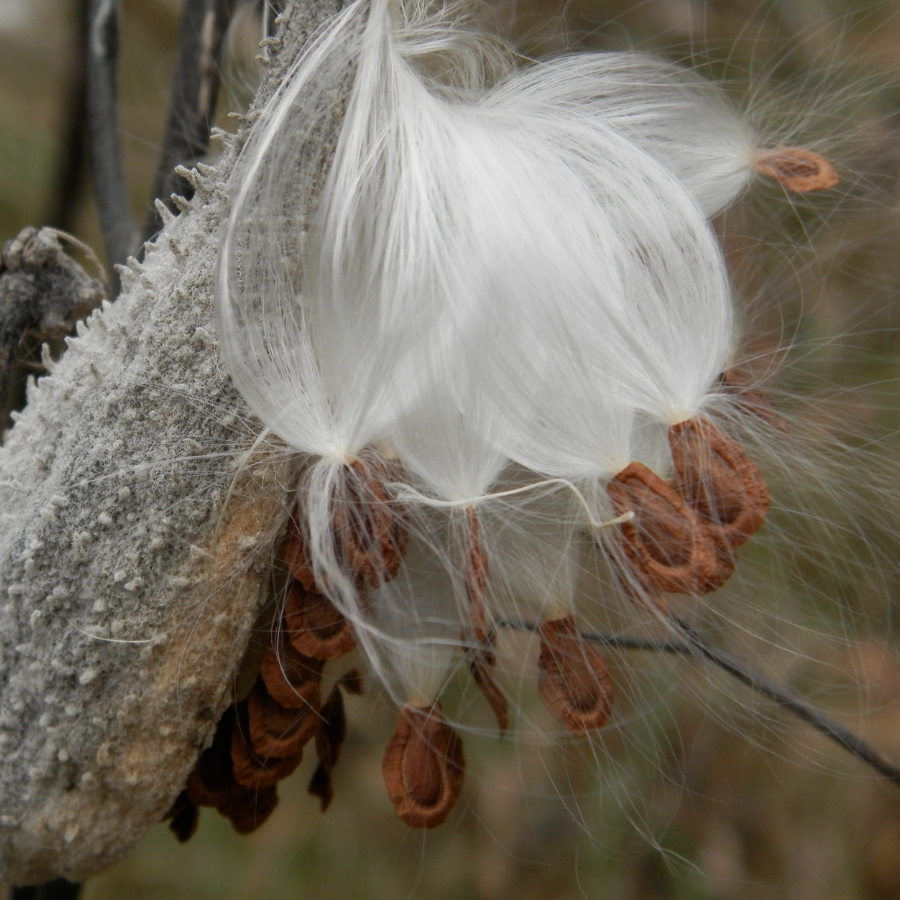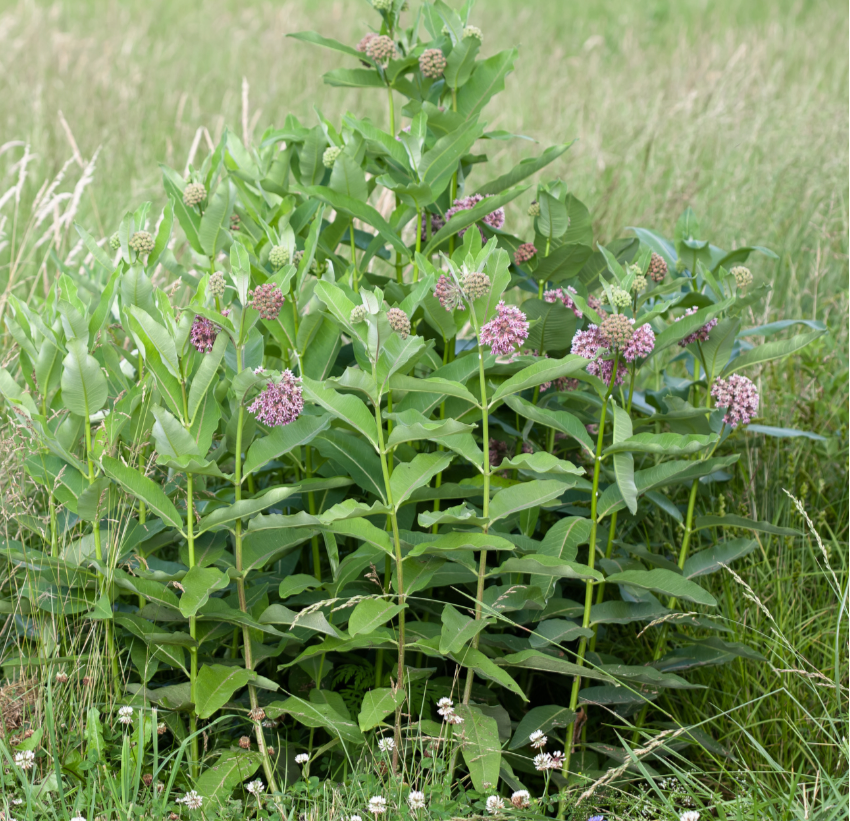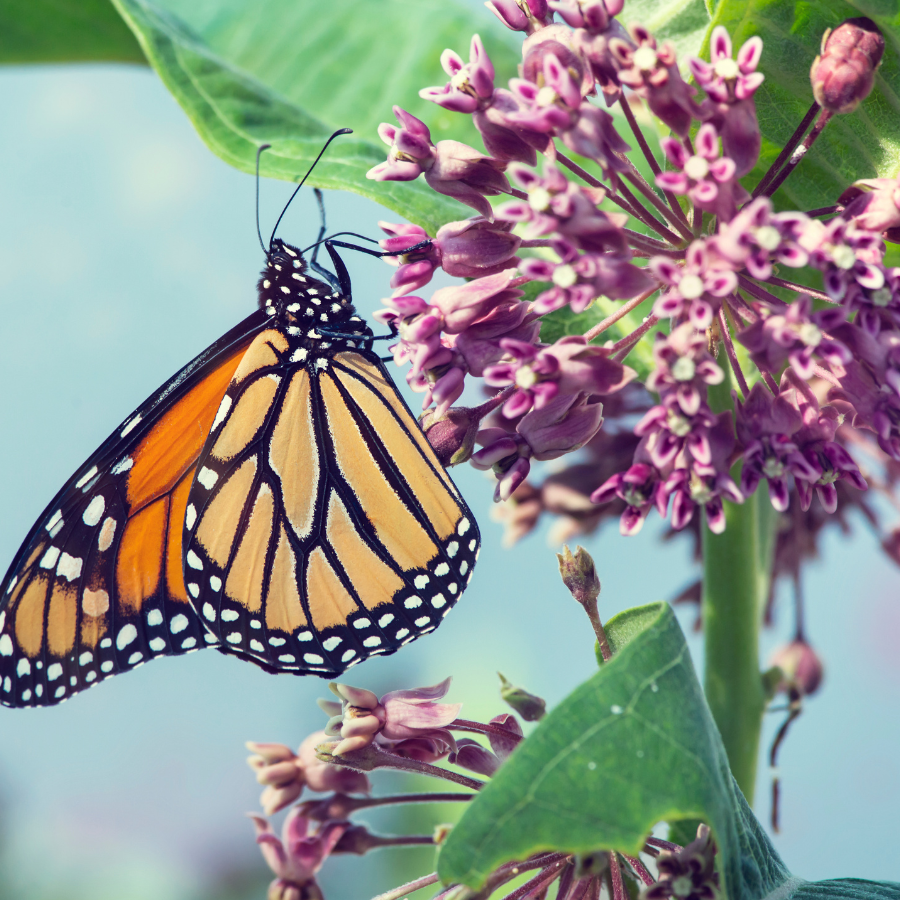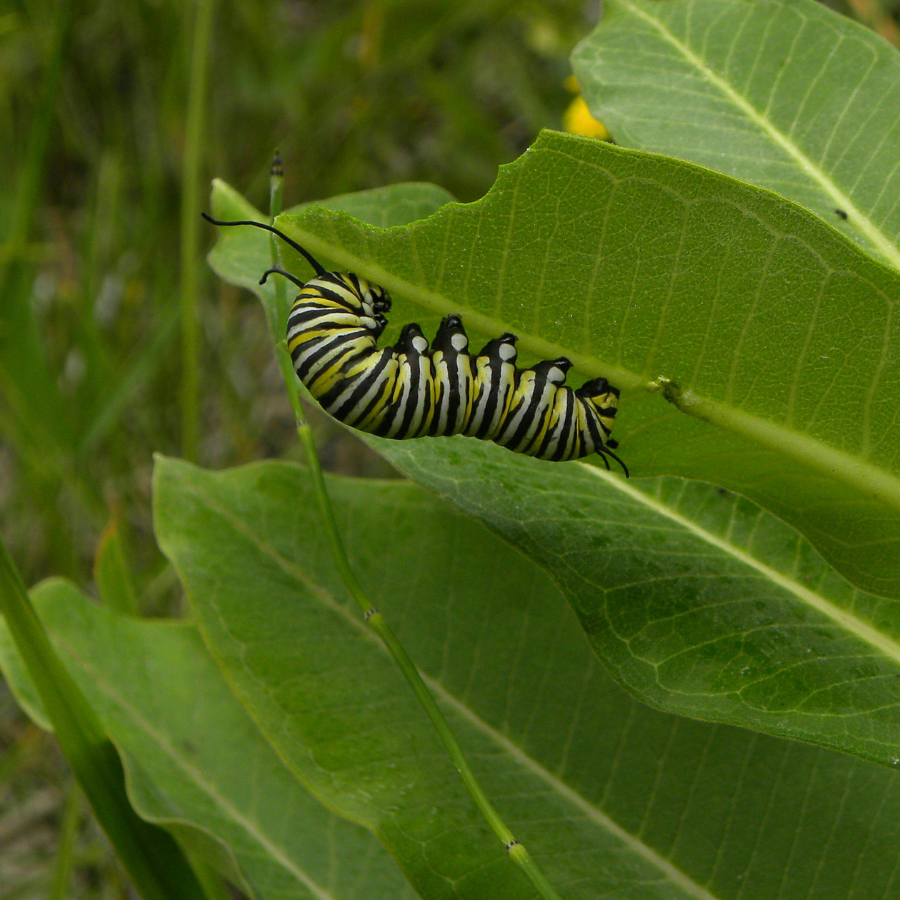1
/
of
5
America's Dairyland Tallow Co.
Milkweed Seeds - Natures Pollinator Host
Milkweed Seeds - Natures Pollinator Host
Regular price
$5.00 USD
Regular price
Sale price
$5.00 USD
Unit price
/
per
Couldn't load pickup availability
Common Milkweed Seeds
"Natures Pollinator Host"
(Asclepias syriaca)
Milkweed is known as natures pollinator host plant. Its seeds are light and silky, carried naturally by the wind. Known for its tall stalks, broad leaves, and large clusters of fragrant pink-purple flowers, it plays a vital role in supporting pollinators and native ecosystems.
Key Features
- Host plant for monarch butterfly caterpillars — essential for their survival
- Produces nectar-rich blooms that attract bees, butterflies, and hummingbirds
- Hardy perennial, growing 3–6 feet tall
- Tolerant of many soils but thrives in sunny, well-drained locations
Traditional Uses (Historical/Folk)
- Respiratory Support – Historically, some Native American tribes used milkweed root teas or infusions to ease coughs, congestion, and breathing difficulties.
- Digestive Aid – Folk herbalists sometimes prepared small amounts of milkweed for bloating, indigestion, or constipation.
- Topical Applications – Crushed leaves or sap were occasionally applied externally for warts, ringworm, or minor skin irritations.
-
Other Uses –
- The plant was sometimes considered a diuretic and used in small doses to encourage sweating or elimination of fluids.
- Fibers from the stalk once used to make twine and cordage
(Note: Some parts of the plant can be toxic if misused — traditional uses are provided for educational purposes only.)
How to Grow Milkweed Seeds
- Packet includes 50+ Non-GMO, wild-harvested, untreated heirloom seeds.
- Perennial in zones 3–9
- Prefers full sun and well-drained soil
- Cold stratify: sow in fall for natural winter chill, or refrigerate seeds 30–60 days before spring planting
- Plant ¼" deep; blooms mid-to-late summer
- Seeds dispersed by wind in late summer/fall
- Perennial taproot allows plants to return year after year
⚠️ Important Notes
- Milkweed sap can be irritating to skin — handle with care
- Not for culinary use
- Plant responsibly to support pollinator habitats
- Certain parts of milkweed can be toxic if misused or taken in large amounts.
- Folk remedies should be approached with caution and are best studied through experienced herbalists.
- Not evaluated by the FDA; not intended to diagnose, treat, cure, or prevent disease.
Share
